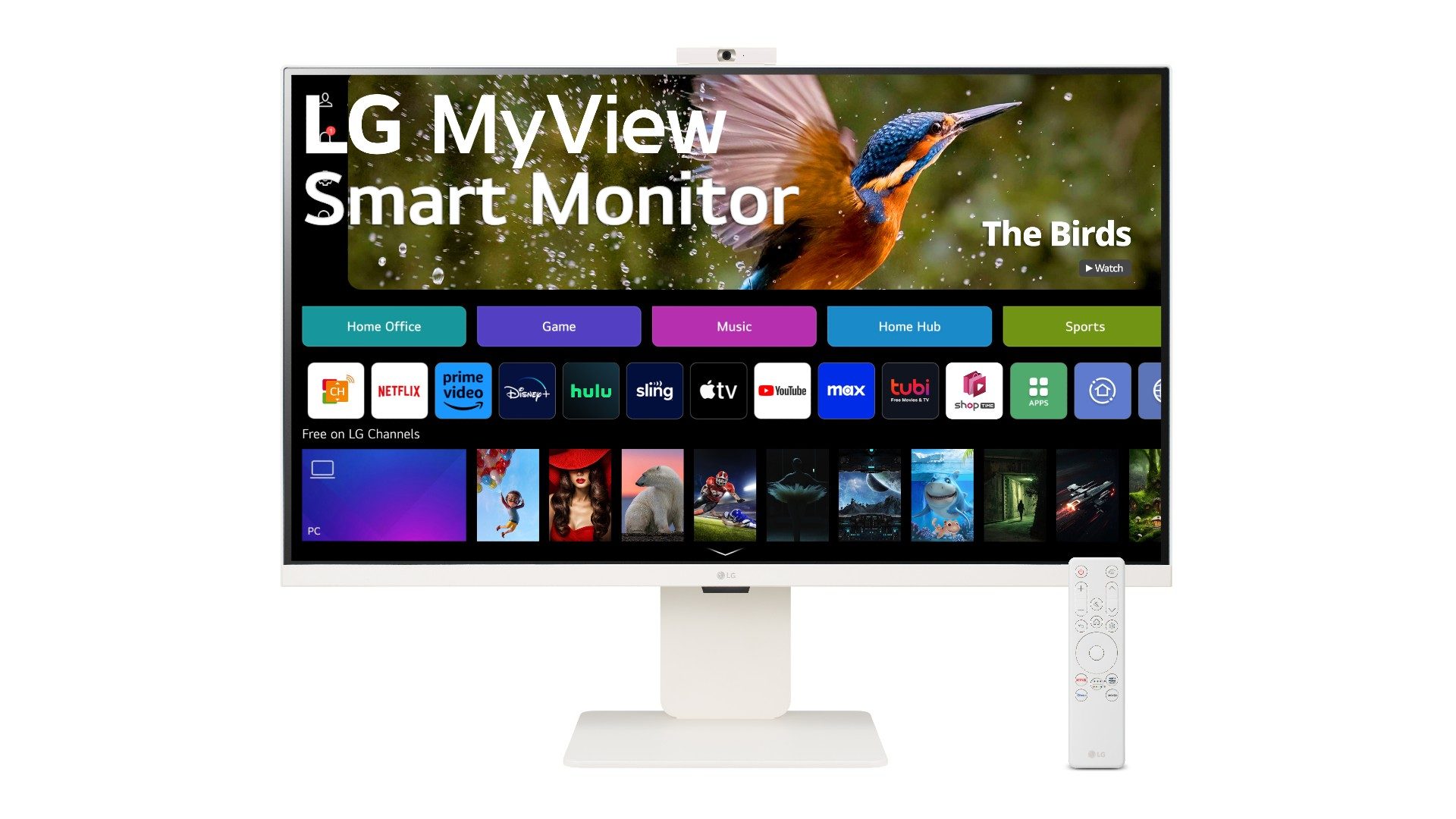AURORA, CO – MAY 03: Packed orders move down a converyor belt at the Amazon fullfillment center May … [+]
Getty Images
For nearly three years, retail giant Amazon had paid its employees to post positive comments on social media about various topics including the company’s working conditions. The program was initiated to counter the wave of negative posts that had all too often gone viral on the social platforms.
It was hardly a success.
According to a report from the Financial Times, Amazon had set up its fulfillment center ambassador scheme in 2018 as an effort to defend the $ 1.47 trillion company against growing hostility over safety and conditions at its warehouses. However, the paid-to-post program may have done more harm than good – it failed to change that perception, and was made worse when some spoof accounts even cast a negative spotlight on the company. It was finally shuttered last December.
But could it really have ever been successful?
“On the face of it, Amazon’s ‘fulfillment ambassador’ program seems nefarious, crass, and manipulative,” explained James R. Bailey, professor of leadership at the George Washington University School of Business. “The ambassador program enlisted, trained, and rewarded a small group of employees to counter negative social media posts about Amazon’s work practices. Organizations for all time have employed public relations agents whose job is to paint in the best light. Those agents were paid for. their work. Amazon ambassadors were paid to do the same thing. “
There was nothing particularly unethical about it, and it was really just a program started by Amazon to highlight that it was addressing concerns voiced by employees and broadcasting it to the masses.
“Amazon is a customer-centric company,” added Amy Taylor-Bianco, associate professor of management at Ohio University’s College of Business.
“Their core values are lived so well and strongly that, as a customer, I knew many of them before I even looked them up,” Taylor-Bianco noted. “Being customer obsessed is a seemingly positive and focused value, and customers see this in their ability to write product reviews, receive product refunds and otherwise influence Amazon’s product offerings. Clearly this customer obsession could also lead to programs that overreach.”
Paid To Post
What is unique about the Amazon fulfillment center ambassador program is that it is widely utilized social media by paying employees to post nice things. Amazon didn’t break any rules as it never failed to hide the fact that those workers were paid.
“The Federal Trade Commission has established clear rules regarding the use and identification of ‘paid’ testimonials and reviews,” said Kent Bausman, Ph.D., professor of sociology at the Online Sociology Program at Maryville University.
“I am currently unaware of whether the US Labor Department has stipulated the parameters for paid employee reviews by employers seeking to create a favorable impression of workplace conditions,” Bausman added. “I would presume the same conditions for announcing the use of paid endorsements online would apply to job-search platforms like Glassdoor and Indeed or at least should apply.”
Even if such campaigns don’t actually violate any rules, Bausman recommended that employers should avoid such practices, as the posts didn’t seem all that authentic.
“A recognized paid endorsement by a customer – not a celebrity or public figure – or employee diminishes the authority of the positive review and thereby diminishes its intended influence, “explained Bausman.” It is one thing to use paid reviews to bring attention to a business’ product and its quality; It’s quite telling however to use paid reviews to bring people into your workplace. “
A Form Of Misinformation
Another issue is how truthful employees were when they were posting, and whether that should be seen as another form of misinformation spreading on social media.
“If ambassadors were paid to be untruthful, that is a critical issue that conflicts with Amazon’s core value of earning the trust of others,” warned Taylor-Bianco. “I can see why the company would disband this possible unbridled obsession with influencing the customer. While it is important to not only support your organization’s values and mission but to actively promote them, if we get into the territory of dishonesty, we can quickly destroy. our company and our personal reputation. “
But in the end, the program proved to be so insignificant that few even may have known it existed.
“Amazon discontinued the program because of the optics, not because of its efficacy or morality,” Bailey added.
“Around 50 people participated in the ambassador program. That’s out of 800,000 employees. Of all the things we could complain about Amazon, this is pretty small stuff. Let’s focus on the things that matter.”













